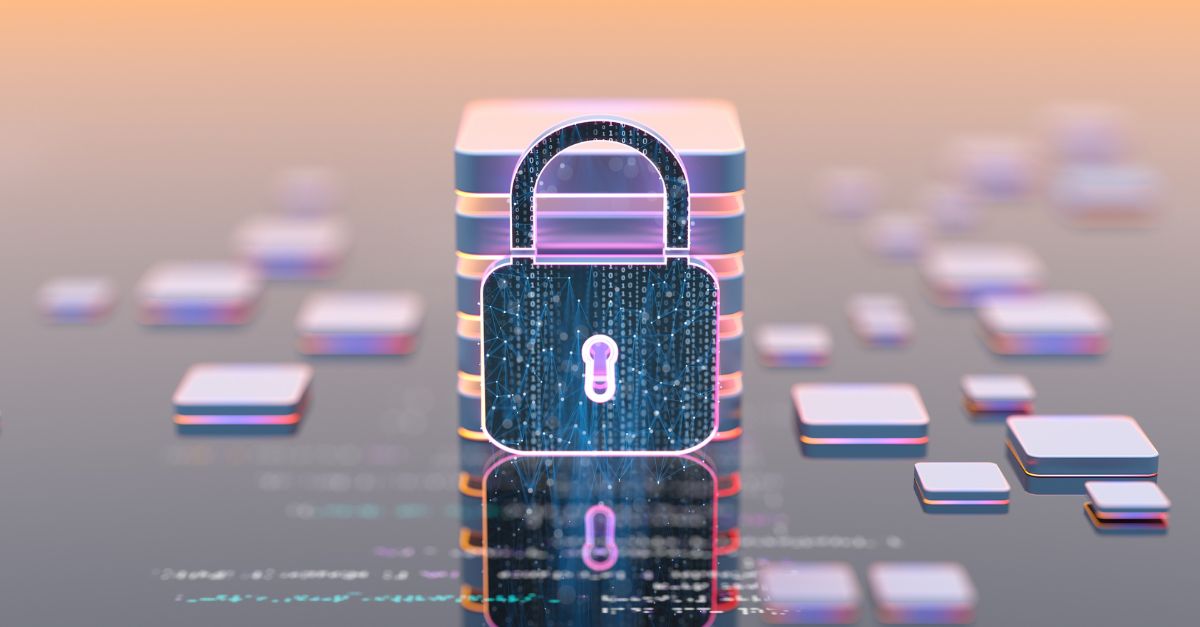In a year where the Internet of Things made huge headlines in the business world, 2017 will surely focus on keeping this technology safe for every enterprise. To help you get the New Year off to a good start, here are some resolutions that your organization should consider.
1. Update User Passwords on a Regular Basis
Before 2017 even began, you should have considered changing the passwords on all office computers and devices, basically anything that requires a password. Updating user passwords is a hassle, but considering how persistent today’s hackers are, you don’t want to take any chances. The shorter your passwords are, the easier it is to decode them. Hackers can use different types of applications to force their way in, so your safety will depend on how strong your passwords are. Create a password policy to help manage the passwords of all employees and create a culture of password safety in the office.
2. Enforce a Stronger Way of Authenticating
Using unique, strong passwords and maintaining a strict password policy are good first steps to preventing unauthorized access. We highly recommend enabling multi-factor authentication to make it even more difficult for hackers to get into your networks and resources. This means that instead of relying solely on passwords, which are vulnerable to dictionary-based attacks and social engineering tricks, you would require another factor before granting access (e.g. one-time password, Digital Certificate, fingerprint scan). Even if a hacker obtained an employee’s username and password, he still wouldn’t be able to access your network or resources without the second factor.
3. Switch to a Safer Business Wi-Fi Connection
Every organization should have a strong, reliable and safe Wi-Fi connection. Modern offices use a WPA2 connection that encrypts data transmitted between the network and the authorized personnel and prevents unauthorized parties from using the network. The problem is, most offices use the Personal mode of WPA2 that uses a universal passphrase for access, which can be easily shared with non-employees (making it impossible to know who and which devices are on your network) and need to be continually updated when someone leaves the company or loses a device (leading to administration headaches).
If you’re one of these offices, switch to the Business mode of WPA2 that gives each employee a unique set of credentials to access the internet. You even have the option to replace passwords altogether with this option, since, as discussed above, they can be unreliable and subject to hacking. Microsoft recommends certificate-based authentication for Wi-Fi networks, which means only computers and devices with appropriately configured certificates would be able to access your Wi-Fi.
4. Update All Your Software to Their Latest Version
New is always better. This rings true when it comes to technology. An updated device or computer is always harder to crack since it is equipped with the latest security patches. Make sure all the office software is regularly updated by the IT department, or by the employees themselves. Aside from providing more security, software updates also improve the performance of your computers, allowing them to run faster and handle multiple applications in a breeze.
5. Foster Public Trust Online by Switching to a Green Address Bar
A company should have a reliable website that projects a secure and safe ambiance. Customers should feel like they can trust you as a company; that every transaction they make won’t fall to the wrong hands. SSL Certificates play a critical role in this by encrypting data transmissions (such as payment details or login credentials) and helping to prevent man-in-the-middle-attacks.
Another way to increase visitor’s trust in your website is to bring your brand’s identity front and center. This helps visitors know your website is legitimately operated by your company and is not a phishing, or imposter site. Extended Validation (EV) SSL Certificates do this by activating the green address bar and displaying your organization details in the URL bar. These prominent features help increase public trust and will reflect a sense of credibility that can lead to sales conversions.
6. Educate Your Employees on Dealing with Online Attacks
Another year, another set of online scams. Are you ready to face them all? Everyone in the office should know what threats are lurking online and how they should protect their devices. From sorting out phishing e-mails to practicing proper password management, you should make sure your employees are educated in the art of deterring hackers. Schedule an online security seminar for your employees at least once a year to keep them up to speed with the latest online threats. This is also the perfect time to teach them new security measures and encourage them to share any helpful tips they know.
7. Be Informed and Be One Step Ahead of Hackers
This year was plagued with news about cyber-attacks and data breaches from all around the world. Make sure you’re getting the latest on cyber-threats in your country and take precautions when a crisis arises. You should also be on the lookout for the latest innovations in online security. Encourage your employees to be updated with the latest cybersecurity news and invite them to share what they know. In the age of information, your weapon against outsiders is knowledge.
Did we miss a vital tip? What’s your company’s resolutions for 2017? Continue the discussion using the comments box below.







